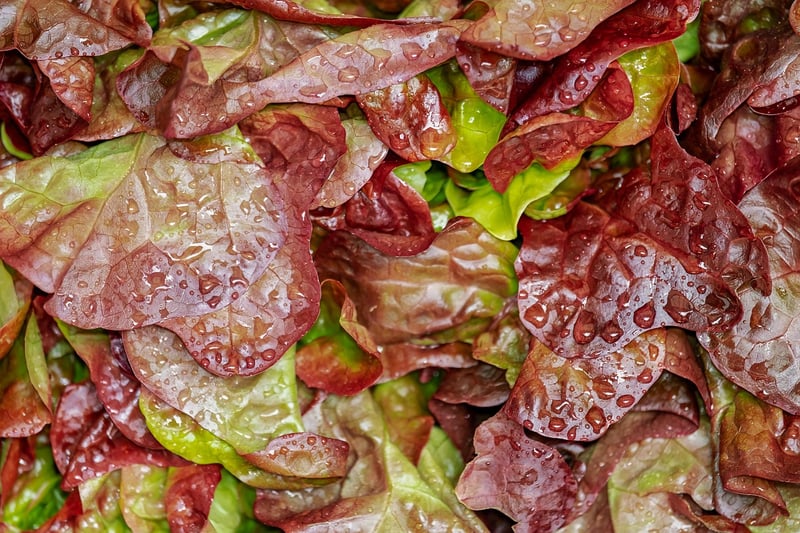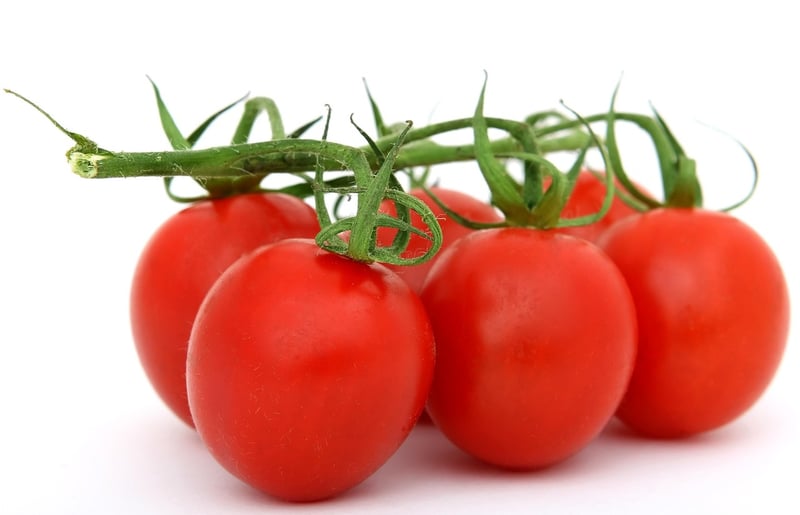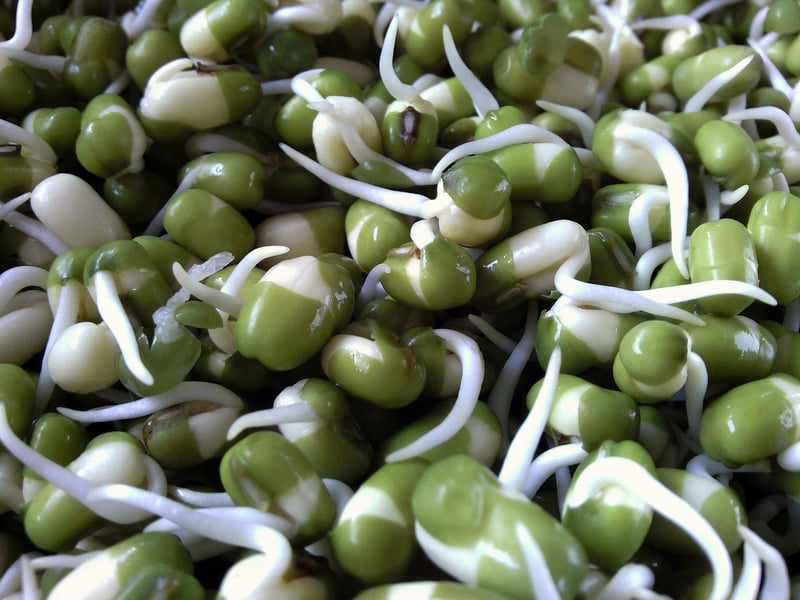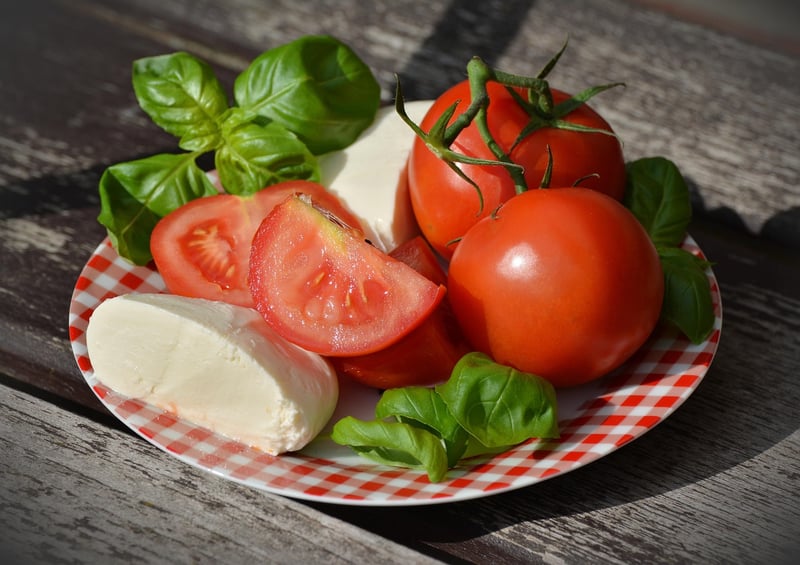Eco-friendly Cooking Tips
Environmentally Conscious Food Solutions + Eco-Friendly Cooking Tips
Introduction
In today's world, being environmentally conscious is more important than ever. One significant way to make a positive impact on the environment is through our food choices and cooking habits. By opting for eco-friendly food solutions and adopting sustainable cooking practices, we can reduce our carbon footprint and contribute to a healthier planet. Let's explore some environmentally conscious food solutions and eco-friendly cooking tips that you can incorporate into your daily life.
1. Choose Organic and Locally Sourced Ingredients
Opt for organic produce and locally sourced ingredients whenever possible. Organic farming practices eliminate the use of harmful pesticides and chemicals, while locally sourced ingredients reduce carbon emissions associated with transportation. Visit farmer's markets or join a community-supported agriculture (CSA) program to access fresh, seasonal produce from local farmers.
2. Reduce Food Waste
Minimize food waste by planning your meals, storing leftovers properly, and composting organic waste. Use leftovers creatively in new dishes to prevent them from ending up in the trash. Composting food scraps not only reduces landfill waste but also creates nutrient-rich soil for your garden.
3. Embrace Plant-Based Cooking
Incorporating more plant-based meals into your diet is not only healthy but also environmentally friendly. Plant-based foods have a lower carbon footprint compared to animal products. Explore delicious plant-based recipes and experiment with a variety of vegetables, fruits, legumes, and whole grains in your cooking.
4. Use Energy-Efficient Cooking Methods
Opt for energy-efficient cooking methods such as using induction cooktops, pressure cookers, and slow cookers. These appliances consume less energy compared to traditional stovetops and ovens. Also, match the pot size to the burner size to prevent energy wastage.
5. Ditch Single-Use Plastics
Avoid single-use plastics in your kitchen by opting for reusable containers, utensils, and bags. Choose glass or stainless steel containers for storing food, silicone or bamboo utensils, and cloth bags for grocery shopping. These sustainable alternatives reduce plastic pollution and contribute to a greener environment.
6. Grow Your Own Herbs and Vegetables
Create a small herb garden or vegetable patch in your backyard or balcony. Growing your own herbs and vegetables not only ensures a fresh supply of produce but also reduces the environmental impact of transportation and packaging. Plus, gardening is a rewarding and therapeutic activity.
Conclusion
By incorporating environmentally conscious food solutions and eco-friendly cooking tips into your daily routine, you can play a significant role in protecting the planet for future generations. Small changes in your food choices and cooking habits can have a big impact on reducing waste, conserving resources, and promoting sustainability. Let's embrace a more eco-friendly approach to food and cooking for a healthier planet!




References:
